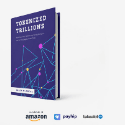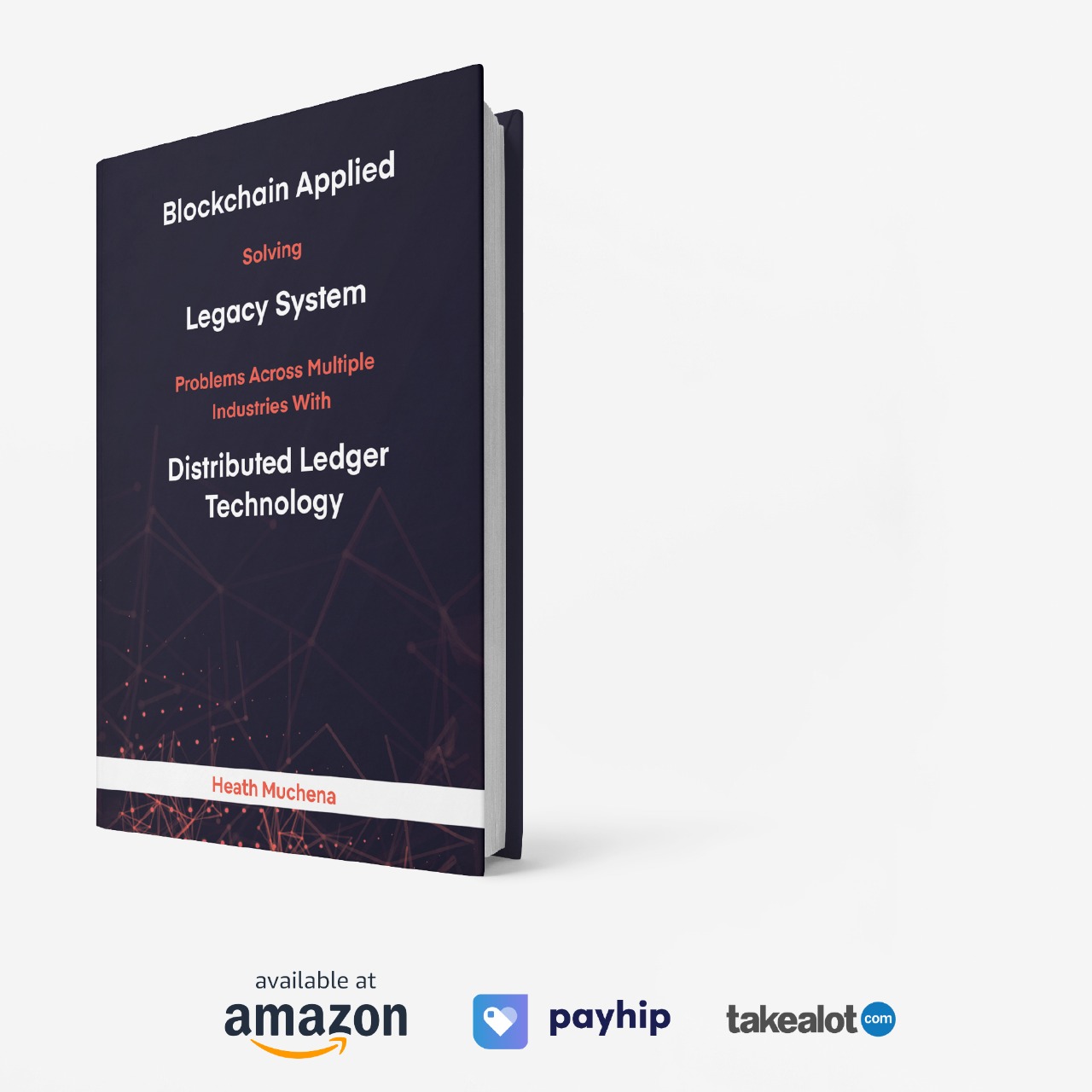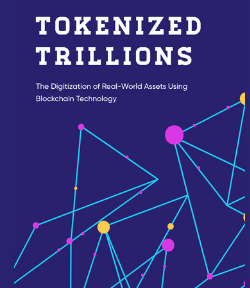
How Gold and Bitcoin Are Repricing the Global Economy
Why Gold and Bitcoin Are Overtaking the Dollar’s Debt Machine.
Markets thrive on stories, and for decades the dominant narrative has been straightforward: central banks cut rates, governments borrow, debt expands, and asset prices rise. But every story has a sequel. The one unfolding now is darker, more complex, and impossible to ignore.
We live in an economy suffocating under its own obligations. Global debt has climbed beyond $315 trillion, equal to more than three times world GDP. In the U.S., interest payments are on track to exceed $1.2 trillion annually, overtaking defense as the single largest federal expense. The message is clear: this is a credit system that cannot tolerate deflation. When prices fall, the real burden of debt becomes unbearable.
Yet in a free market, falling prices should be the norm. Technology drives efficiency, productivity cuts costs, and competition pushes margins down. The U.S. Bureau of Labor Statistics shows IT hardware prices have collapsed by over 90% since the late 1990s. And still, consumer prices rise. Why? Because inflation is no natural law – it is policy. Policymakers manufacture it through credit expansion, the oxygen on which fiat currencies depend.
That dependence is being challenged. For the first time in nearly three decades, foreign central banks now hold more gold than U.S. Treasuries. In 2022 alone, they purchased a record 1,136 tonnes. China, India, and Turkey have led the charge, building vaults from Shanghai to Dubai. Gold has surged past $3,600 an ounce, silver has cleared $40, and Washington has quietly reclassified silver as a “strategic mineral” essential for national security. This isn’t a speculative rally; it’s a remonetization in slow motion.
Alongside this ancient store of value sits Bitcoin – the digital interloper that refuses to die. Since 2019, gold has climbed a respectable 70%. Bitcoin, by contrast, has gained over 800%. Its appeal is not in earnings like equities, or demographics like real estate, or creditworthiness like bonds. Bitcoin requires only one condition: the continued expansion of global liquidity. Every fresh dollar, euro, yen, or yuan added to the system debases fiat and strengthens Bitcoin’s case.
Skeptics argue governments will co-opt the shift. Stablecoins, central bank digital currencies, and restrictive regulation all aim to cage the crypto experiment. But Bitcoin has a way of slipping past control. More than 70% of its supply hasn’t moved in a year – a record that shows conviction among holders. Public companies like MicroStrategy have built their treasuries around it. Even sovereign states, like El Salvador, are running the experiment in real time.
The stakes could not be higher. A final deflationary squeeze – a soaring dollar, collapsing risk assets – remains a possibility. If that occurs, gold and Bitcoin could endure sharp, short-term pain. But history suggests otherwise. When push comes to shove, policymakers inflate. They did it in the 1930s, confiscating private gold to recapitalize banks. They did it in 2020, printing trillions to prop up markets and households. They did it again when Canada froze bank accounts in 2022 to enforce political order, shaking public trust in fiat systems.
Trust is the crux of the matter. For decades, gold and silver markets were dominated by paper contracts – futures, swaps, and ETFs that allowed supply to be conjured out of thin air. That era is ending. Basel III banking rules make paper games more expensive. Sanctions have driven countries to repatriate physical metal. Demand is shifting eastward, where investors want bullion in hand, not promises on paper. The same logic applies to Bitcoin. Its scarcity is not theoretical. It is enforced by code, verifiable by anyone, and immune to the whims of policymakers.
Which brings us to the present. Investors wondering if gold at $3,600 or Bitcoin at $65,000 is “too late” are missing the point. These are not endpoints. They are markers in a transition. Fiat currencies are trapped in a loop of debt and debasement. Hard money – whether dug from the ground or mined from code – is the only exit.
And like all exits, once crowded, it won’t be graceful.






